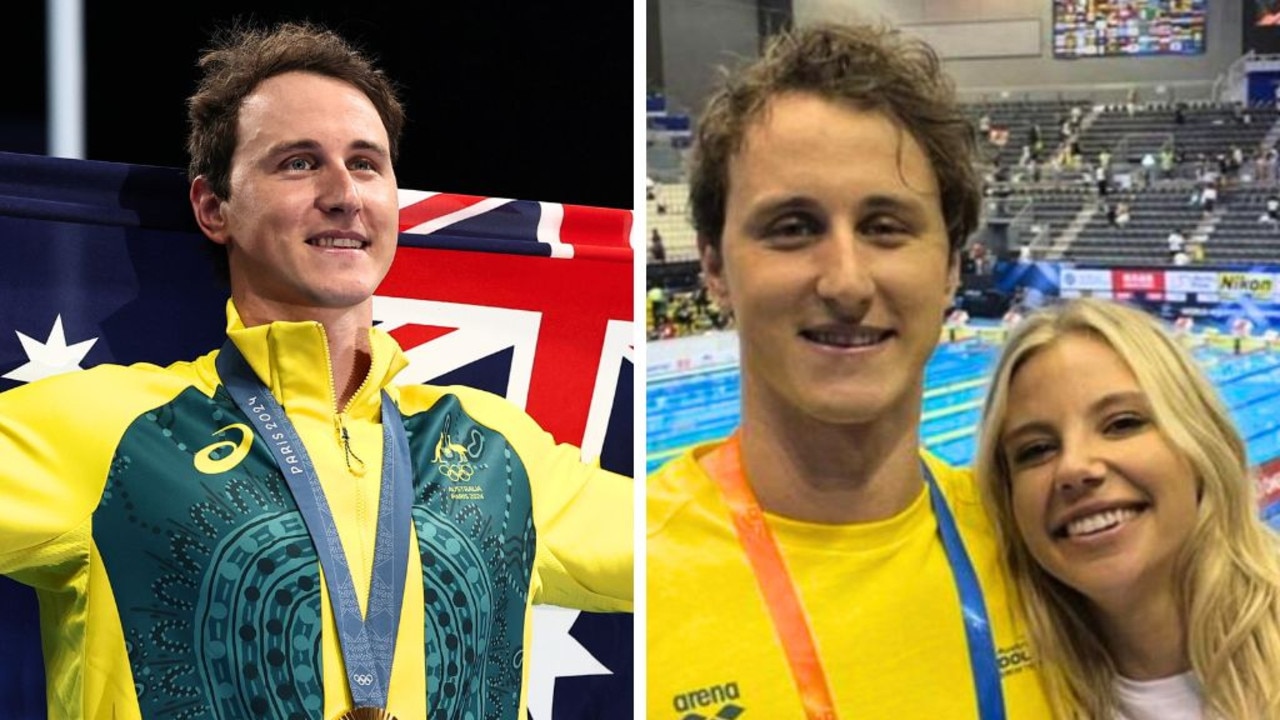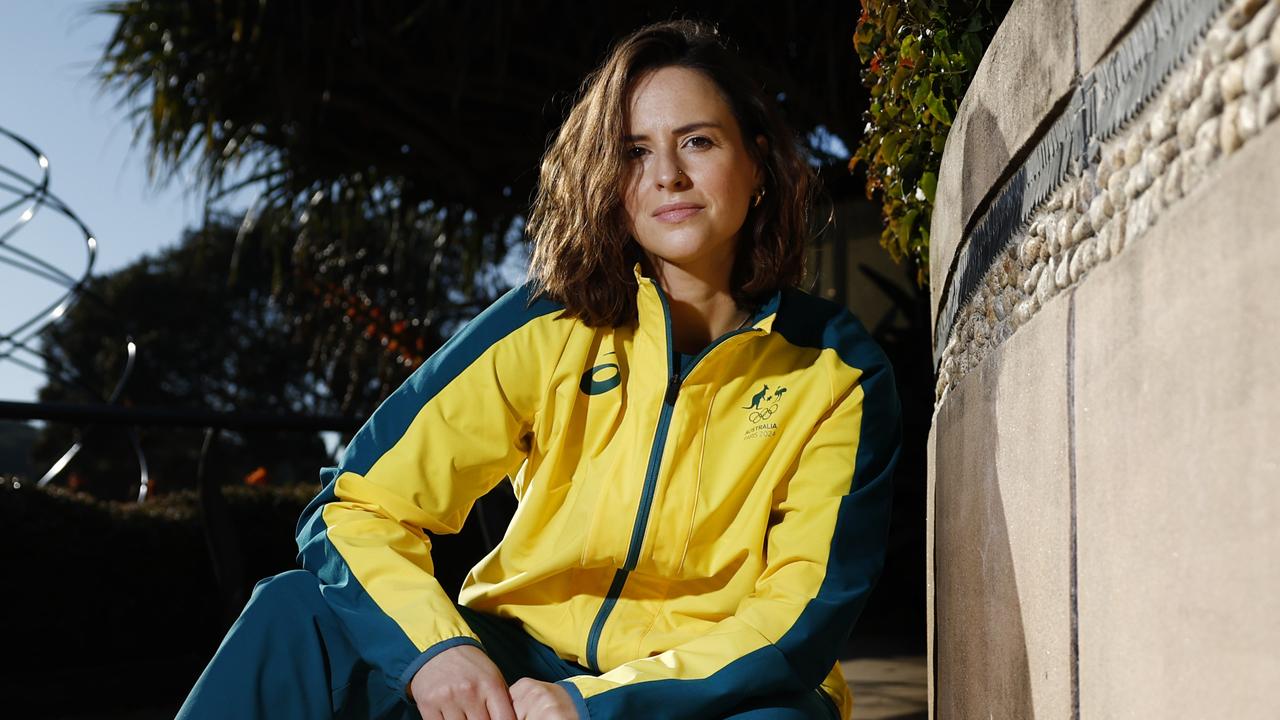IOC president Thomas Bach set to stand unopposed for second term
He oversaw two of the most troublesome Olympics in recent history and will be there for COVID-hit Tokyo Games, but Thomas Bach’s IOC tenure is to be extended.
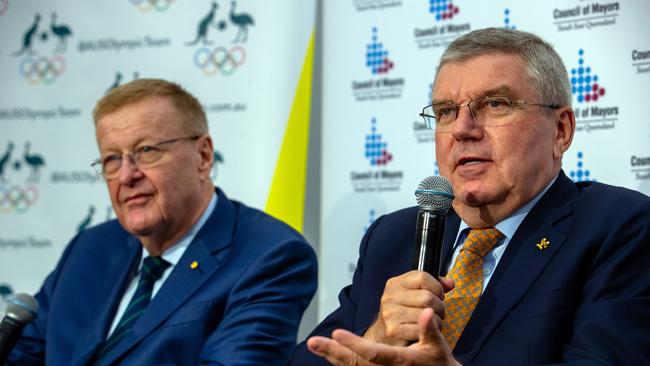
Olympics
Don't miss out on the headlines from Olympics. Followed categories will be added to My News.
Thomas Bach will stand unopposed to serve a second term as International Olympic Committee president, the body said on Tuesday.
Bach, a 66-year-old German lawyer, is set to be confirmed for a second and final four-year term at an IOC session in March in Athens.
Bach was initially elected for an eight-year term as Olympic chief in September 2013, taking over from Belgian Jacques Rogge. If re-elected, Bach’s term will end in 2025, a year after the Paris Olympics.
The next term for the IOC presidency will start after the Tokyo 2020 Olympics, which will now take place from July 23-Aug 8, 2021, having been postponed because of the coronavirus pandemic.
Kayo is your ticket to the best sport streaming Live & On-Demand. New to Kayo? Get your 14-day free trial & start streaming instantly >
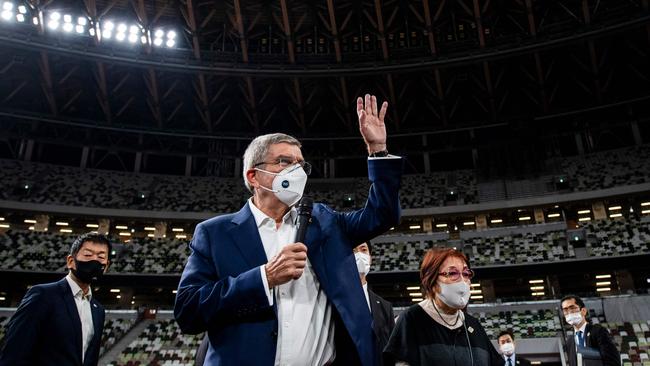
Bach, who won gold for West Germany in the foil fencing team event at the 1976 Olympics, was elected an IOC member at the age of 37 and went on to play a series of influential roles within the organisation, notably as a founding member of the IOC’s Athletes’ Commission, before being elected its ninth president.
Under his reign as IOC chief, Bach has had to grapple with several political challenges, and has notably overseen the 2014 Sochi Winter Olympics and the 2016 Rio Summer Games, both perceived as the most troublesome in recent years.
He has also been a key player in the ongoing Russian doping saga, although the IOC came in for criticism from some quarters for not issuing Moscow with a blanket ban over its state-sponsored doping system.
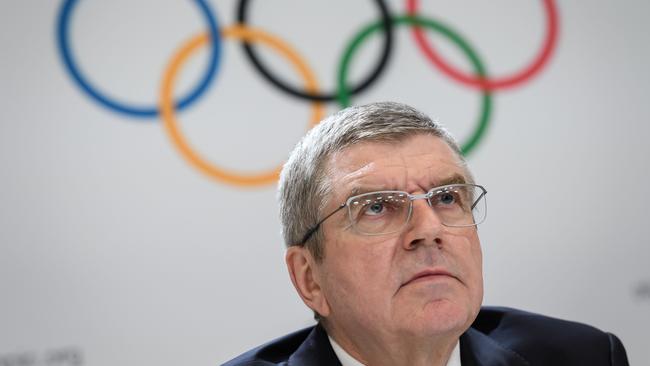
Bach also came under fire for reinstating the Russian National Olympic Committee after the 2018 Pyeongchang Winter Olympics despite failed drugs tests there.
He is credited, however, with having put in place the Olympic Agenda 2020, featuring reforms aimed at cutting costs and streamlining bidding processes to better attract potential host cities.
The IOC, however, is arguably facing its biggest challenge in Bach’s tenure in the form of the COVID-19 pandemic, with the rescheduling of the Tokyo Games meaning Beijing will host the 2022 Winter Olympics just six months later.
SMARTING CHINA ATTEMPTS TO PINCH ‘BRISBANE OLYMPICS’
China is preparing an audacious last-minute bid to steal the 2032 Olympics and Paralympics right from under Australia’s noses while Brisbane’s bid is momentarily on hold because of the global pandemic.
Australia’s sporting leaders have always feared that China would retaliate over Mack Horton’s role in the worldwide protests against China’s banned favourite swimmer Sun Yang but the brazen attempt to pinch the Olympic hosting rights has caught everyone by surprise.
Olympic insiders are stunned that China would suddenly throw their hat in the ring to host the 2032 Olympics, knowing full well that Southeast Queensland is the clear frontrunner and has only paused in its planning out of respect to officials dealing with the global health crisis.
While a formal decision on the host is not expected until at least 2022, it’s no secret that the International Olympic Committee (IOC) has been working closely with Brisbane’s team as part of their new way for deciding hosts.
Designed to end the ugly and expensive bidding wars of the past, the IOC has implemented a more transparent system whereby it enters into continuous dialogue with candidate cities.
It’s well understood those talks have only stalled to allow the IOC to deal with the more pressing issue of rescheduling Tokyo in 2021 and aren’t in anyway a suggestion Brisbane’s bid is not proceeding.
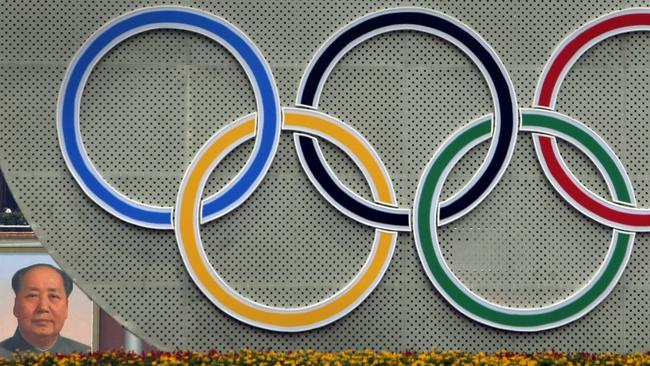
Australian Prime Minister Scott Morrison met IOC leaders in Japan just last week and exclusively told The Daily Telegraph this month the government was right behind the Southeast Queensland bid.
“The way the Olympic bids work now has changed, it’s not the beauty parade it used to be,” Morrison said.
“There’s the opportunity to get inside and be a preferred bidder and work through the detailed things in a preferred status so that’s why we’re so keen to get off the mark there as quickly as we could.
“I’ve already met with the head of the IOC, I’ve already met with others in Japan when I was up there last year and I think that’s put us in a good place.”
That’s why China’s late bid comes as such a major surprise.
According to a government report in the China Daily, the Sichuan province capital Chengdu and the nearby megacity of Chongqing are teaming up to launch a joint bid for 2032.
The report said: “As part of a national strategy to develop the Chengdu-Chongqing economic circle, the two cities will bid for the Olympics together to try to host a Games with strong urban and cultural characteristics of the two cities, and to enhance the international influence of the two cities.”
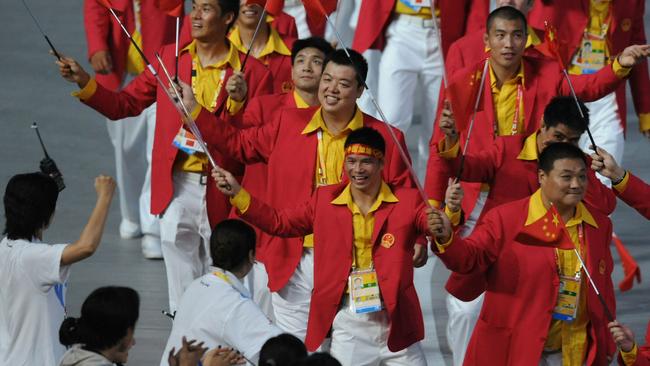
The Chinese Olympic Committee has not yet confirmed whether the bid will go ahead though it is well known that China is aggressively chasing major international sports events.
Beaten by Sydney to host the 2000 Olympics, smog-filled Beijing was awarded the Summer Games for 2008 and the Winter Olympics for 2022 as well as a stack of other major events and China’s appetite is still growing.
But while China’s massive population and increasing financial muscle make it an irresistible choice for sporting bodies wanting to cash in, human rights groups have been openly critical of selecting countries accused of human rights abuses to stage sports events.



